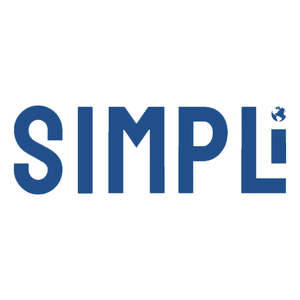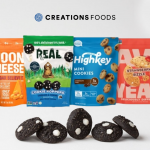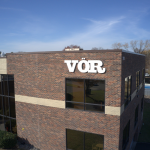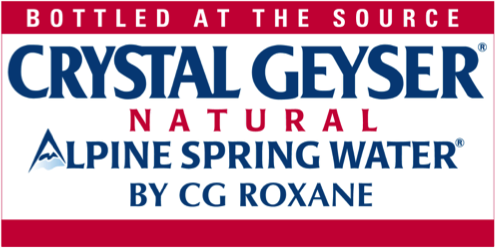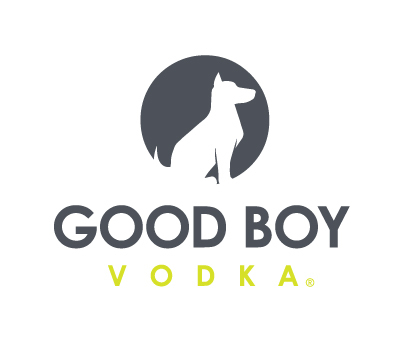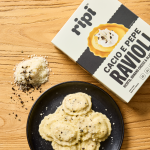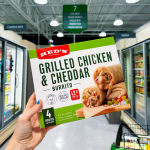SIMPLi Growing The Regenerative Movement Via Distribution
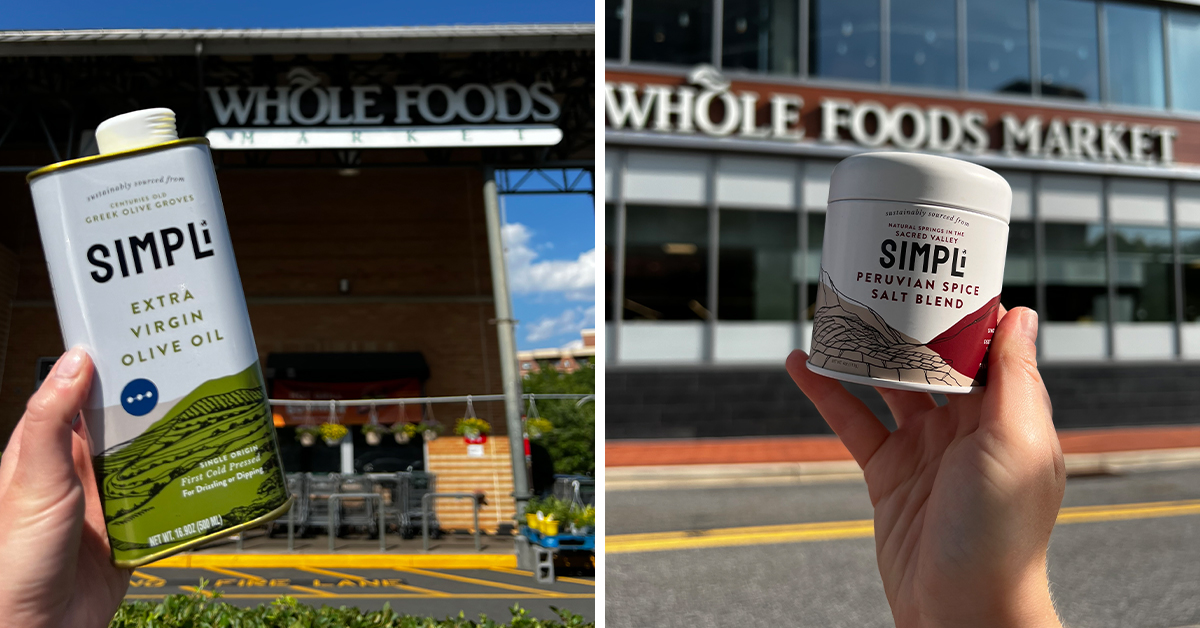
Pantry staple producer SIMPLi is helping define what regeneratively grown products look like as it expands across multiple grocery categories while also working to inform new consumers about these products’ key tenets and benefits. And its approach appears to be paying off.
Today, the company announced its single-origin, ethically produced Olive Oils and Peruvian Spice Salt will roll out to Whole Foods stores nationwide, joining its existing beans and quinoa products already on shelf at the natural retailer. That deal brings its suite of 15 SKUs to a total of 3,000 stores across the country. In addition to the retail rollout, SIMPLi has locked in a new partnership with Dot Foods that will deepen its presence among restaurateurs, chefs and sourcing managers.
“This partnership makes us the first multi-category Regenerative Organic Certified (ROC) supplier for Dot Foods and has been in the making for about a year,” Matt Cohen, co-founder of SIMPLi, told Nosh. “Working with Dot Foods allows us to create streamlined access and get our products into the hands of foodservice customers.”
Dot will now carry the company’s quinoa, chia seeds, a wide variety of beans as well as its oils at all of its 5,200 distribution centers across the country. In the past, SIMPLi secured foodservice menu partnerships with the likes of sweetgreen, Chopt and True Food Kitchen, but this move expands access to its ingredients to chefs across the country.
“For a while, we’ve gotten inquiries from chefs who wanted access to our nutrient-dense, sustainable, delicious products, but couldn’t get them due to minimum order quantities with existing distribution channels,” Cohen said. “This partnership with Dot Foods, America’s largest food redistributor, removes the roadblock and provides accessibility to any chef, restaurant or restaurant group.”
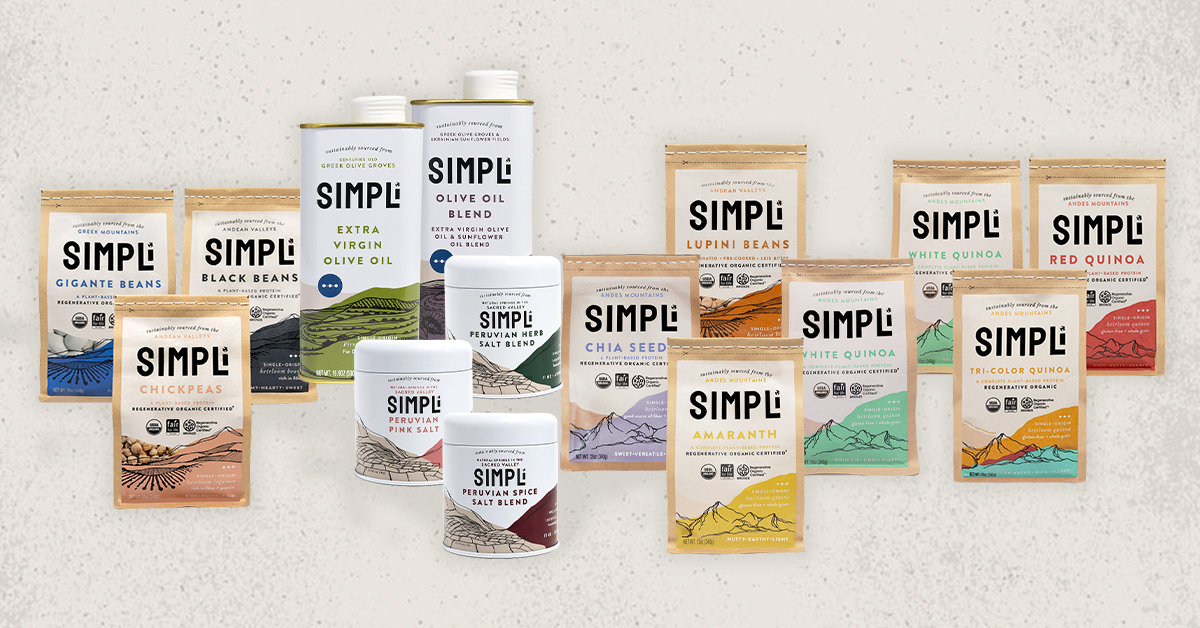
Retail Support Helps Refine Category
However, the path to creating a regenerative organic pantry staple company, and defining the category, wasn’t always a clear one. The brand originally launched in 2020 with a growth plan geared toward foodservice, but then the pandemic forced a pivot into retail where it has worked to build awareness for the brand, mission and benefits of regenerative agriculture. Now four years later, those efforts seem to have paid off.
According to SPINS 2024 CPG Trends report, Regenerative Organic Certificated (ROC) has seen 39% unit growth year-over-year. Over the past two years, SIMPLi has grown its retail placements from 100 stores to 3,000 stores and experienced 492% year-over-year growth at Whole Foods Market alone, Cohen said, in addition to expanding to Sprouts Farmers Market, The Fresh Market, National Co-Op Grocers and more.
As it did for the early organic movement, the natural channel has served as a testing ground for regenerative agriculture-supporting brands and has also helped define the claim for consumers. With regenerative agricultural systems and supply chains varying depending on the crop and farm where it is grown, and requirements differing between certification programs, there is a high potential to create additional confusion among consumers.
Regenerative Organic Certified, Land to Market and Regenified have emerged as some of the leading programs to certify claims; retailers like Whole Foods currently require all on-pack regenerative claims to be verified by a third-party certifier. But for SIMPLi, in addition to its ROC status, the key to awareness building is simple, clear communication.
“We focus on bringing our customers closer to the source of the food they’re purchasing on store shelves through our rich storytelling and deeply engaging with our customers both digitally – through email and social – and physically – through events and in-store demos,” Cohen said. “Once customers hear our story and taste how delicious our products are, they keep coming back for more in stores and act as brand ambassadors in their own communities”
Growing the Regenerative Realm
In addition to growing awareness for the movement, SIMPLi is also growing the presence of regenerative agriculture within the farming community. The company’s Regenerative Pathway Program (RPP) helps support farms with resources, education and financing to make the transition to regenerative organic practices.
“The program extends beyond the scope of certifications; it’s a catalyst for positive social change and environmental impact,” Cohen said. “By investing in communities, our approach creates a domino effect that fuels long-term economic stability, supports soil health and builds climate resilience, ultimately uplifting communities worldwide.”
Cohen said SIMPLi expects to add 1,030 new farmers to RPP by the end of 2024. The company has seen a 30% increase in farm partners during the first half of 2024 and expects to continue that momentum, anticipating 250% for that network via new partners in the next 12 months. That external growth will also bring a boost to its internal operations. The SIMPLi team currently consists of 38 employees spanning offices in the U.S. and Peru; the company plans to add a third office in Europe in 2025 and is exploring new supply chains, meaning potentially new products, from the continent.
“We know this movement can’t grow on its own, and we are honored to light the way for other regenerative brands, providing a guidepost for how brands can support more smallholder farmers to transition their land with regenerative organic practices,” Cohen said.

